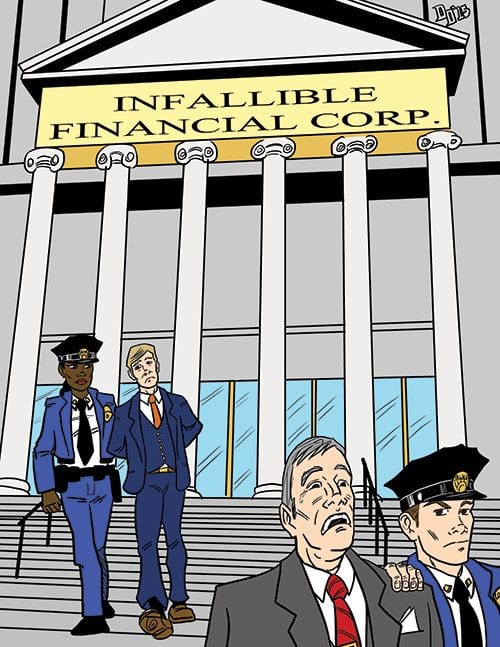
With the political season heating up, Americans are advised by populist candidates to beware of the rich trying to buy elections. This has been a concern since the U.S. Supreme Court extended greater rights for corporations to finance elections with their ruling in the 2010 Citizens United case. Americans should indeed be concerned about the increasing powers of the corporation.
Originally the corporation was granted the power of a person in order to have the judicial authority to conduct business and execute contracts in its name. Also, civil liability for negligence and commercial transactions was limited to the assets of the corporation. But now it seems that the corporation itself and not its executives is held liable for criminal conduct and violations of regulations.
Egregious defalcations by the financial industry are usually resolved by the Securities and Exchange Commission with consent judgements. The offending institution is not required to admit liability, and very often as was reported by the New York Times in the Citigroup settlement, the names of offending senior officers are not divulged. And the penalty paid by the corporation is from funds that could otherwise by paid as dividends to stockholders innocent of malfeasance.
Now those wealthy enough to own controlling shares of corporations are able to influence elections and also are exculpated from personal responsibility for crimes and regulatory violations.






